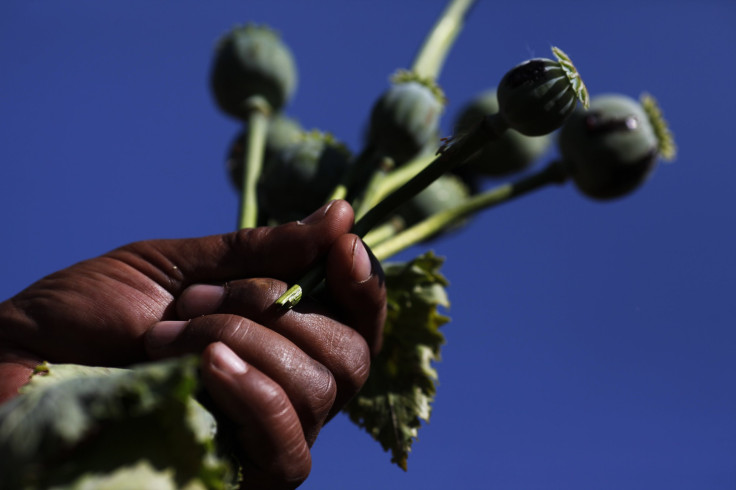Myanmar Opium Production Rose 26% In 2013, Despite Economic and Political Reforms

Myanmar’s opium production went up in 2013 despite the impoverished nation's efforts to implement economic and political reforms.
The United Nations Office on Drugs and Crime, or UNODC, which published its annual Southeast Asia Opium Survey on Wednesday estimates that Myanmar will produce 870 tons of opium in 2013, a 26 percent increase from its 2012 production level, and the highest since the U.S. began tracking the number in 2002. The Southeast Asian nation is second only to Afghanistan in producing the key ingredient in heroin, Voice of America reported.
In 1999, the then junta-ruled nation promised to eradicate opium production by 2014, but production has now gone up for seven straight years. The idea of a drug-free Myanmar is “quite long way away,” according to Jason Eligh, UNODC’s country manager for Myanmar, and one of the main problems is that growing poppy is still the only viable source of income for many farmers in Myanmar.
"If a family has no money and they don't have the capacity through the environment around them to earn money, then they're going to take whatever measures they can to try and get money just to survive, just to eat, and that's what we're seeing occurring," Eligh said.
Opium production is also heavily concentrated along Myanmar’s northeast border regions, where ethnic conflicts are rampant. Violence between insurgents and the army have raged on for as long as 50 years, Voice of America reported.
"That's a long period of time for local infrastructure to deteriorate and in some places disappear completely. So your options, your opportunities as a farmer are significantly restricted," Eligh said.
Peace in these regions, too, is a long way away. The government has made some progress this year by reaching out to ethnic groups, but few agreements have been reached.
"As you get more roads, as you get bridges crossing rivers, as you get economies that are starting to integrate better with those around them... you're seeing an environment for an increase in flow of a variety of different products, and heroin is just one of a number of products that are moved for profit," Eligh said, according to Voice of America.
© Copyright IBTimes 2024. All rights reserved.





















